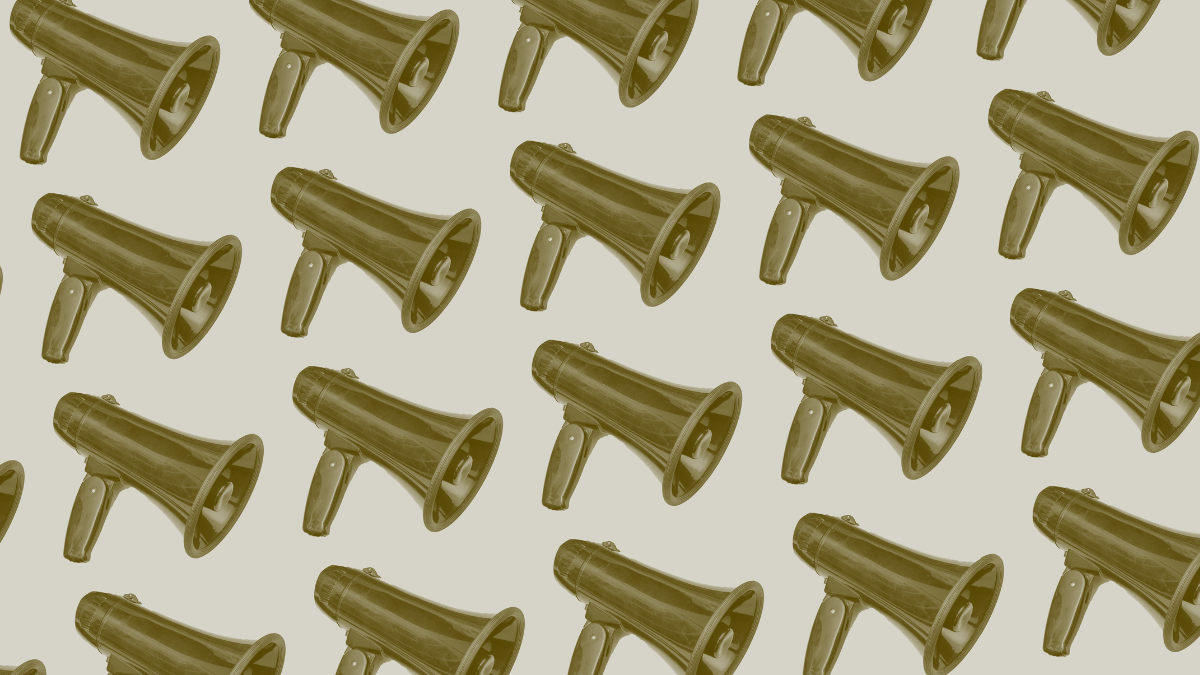Gun ban trial touches on banned features plaintiffs say facilitate self defense – Washington Examiner
The article discusses a recent trial concerning Illinois’ ban on certain firearms and magazine features, highlighting the debate over the legality and implications of such bans. The trial focused on the similarities and differences between banned semi-automatic firearms and military-grade weapons. Plaintiffs contended that features like flash suppressors enhance self-defense capabilities by allowing better visibility in low-light conditions, while state attorneys argued they could facilitate misuse. Additionally, discussions addressed attachments like pistol grips and collapsible stocks, which plaintiffs claimed improve safety and control for various users. The outcomes of this trial may influence ongoing lawsuits related to the prohibition of firearm silencers.
Gun ban trial touches on banned features plaintiffs say facilitate self defense
(The Center Square) – While the bench trial for Illinois’ gun and magazine ban is over, the reverberations could impact a separate lawsuit against banning firearm silencers.
Litigants in the trial that wrapped up Thursday argued over the difference and similarities of now banned semi-automatic only firearms and military rifles that go full auto or burst. Plaintiffs worked to address the issues raised by the Seventh Circuit U.S. Court of Appeals that sided with the state on preliminary grounds last year, saying semi-automatic firearms are too similar to military firearms and can be banned.
Also debated during the bench trial for Barnett v. Raoul was the use of flash suppressors, which the Illinois law bans. Plaintiffs’ witnesses discussed how those help the shooter maintain better eyesight when firing a gun in a self defense situation.
Defending the ban, attorneys for the state argued that also makes it easier for someone to shoot while in a dark movie theater.
Dane Harrel, a lead plaintiff in one of the consolidated cases, said egregious and unlawful use is possible, something that speaks to the shooter’s intent.
“But for a homeowner, for a business owner or a private citizen that’s trying to protect their life or their family’s life or those around them, then obviously there’s utility,” Harrel said.
There was also substantial discussion about other various banned attachments like pistol grips, an attachment plaintiffs argued gives the shooter better and safer control of aim, or collapsible stocks plaintiffs say allow for large and small statured individuals to handle the same rifle in self defense scenarios.
Discussion also focused on threaded barrels banned by Illinois law. Threaded barrels can be used to attach things like suppressors to decrease the sound of a gun firing.
Questioning a plaintiffs’ witness, Judge Stephen McGlynn talked about how suppressors may be needed for others in the house to safely hear if someone confronts intruders.
Mark Smith, author and host of Four Boxes Diner, said on his YouTube channel that could impact a separate case in the Southern District of Illinois federal court challenging silencer bans.
“I’m betting that Judge McGlynn has connected the dots and realizes that indeed suppressors facilitate our self defense, therefore they’re arms, therefore the text is satisfied, therefore the in-common-use test applies, therefore the government bears the burden to show this stuff is not in common use,” Smith said.
Gun ban litigants have until Oct. 21 to file remaining briefs before a ruling from McGlynn.
The silencer ban case was transferred from McGlynn to Judge David Dugan, consolidated with similar cases in Morse et al v. Raoul et al and is still pending.
" Conservative News Daily does not always share or support the views and opinions expressed here; they are just those of the writer."





Now loading...